Healthy teeth and gums play an important role in the ongoing good health and wellbeing of your animal companion. Periodontal (dental) disease is the most common disease of pets today with 80% of dogs and cats over age three having some form of dental disease. The main cause of halitosis (bad breath) in dogs and cats is periodontal disease and, left untreated, this medical condition can cause tooth loss and damage the heart, liver, lungs, and kidneys. Dental disease, including gingivitis (inflamed gums) and abscessed or fractured teeth, are painful, although your pet may not show pain until the problem is severe.
Periodontal disease begins when mouth bacteria form plaque, a substance that sticks to tooth surfaces. Minerals found in saliva harden the plaque into dental calculus (tartar), which is firmly attached to the teeth. As plaque and calculus spread under the gum line, bacteria secrete toxins that can result in gingivitis and/or periodontitis (bone loss or gum recession around the teeth). Periodontal disease can’t always be properly evaluated or treated in dogs and cats without general anesthesia. Dental prophylaxis (disease prevention) under general anesthesia includes:
- A complete exam of the teeth, gums, tongue, and lips that may not have been possible while your pet is awake
- Supragingival scaling – the removal of plaque and calculus seen above the gum line. This is done with an ultrasonic scaler that is very similar to the one used in human dentistry
- Subgingival scaling – a thorough cleaning of teeth under the gum line to remove disease-causing bacteria
- Polishing – smooths out the roughness of teeth caused by scaling to help prevent calculus from adhering to the tooth surface
- Rinsing – to remove debris caused by scaling and polishing
Depending on what is seen during a complete mouth exam and cleaning, our veterinarians may decide it’s necessary to take dental radiographs (x-rays), extract broken or diseased teeth, and/or apply an antibiotic gel into infected gum pockets.
Proper dental care is an extremely important part of your pet’s overall health. Mona’s Dental Day video, which documents a dental prophylaxis, provides insight into all of our protocols and safety measures to help ensure your pet is medically stable and comfortable while in our care. After any dental problem areas are addressed, we’ll help you establish a pet dental care routine that includes regular brushing, rinsing, and/or the use of dental chews.
For more information about the periodontal disease or to schedule a dental prophylaxis appointment, please call us at 630-598-0600.
